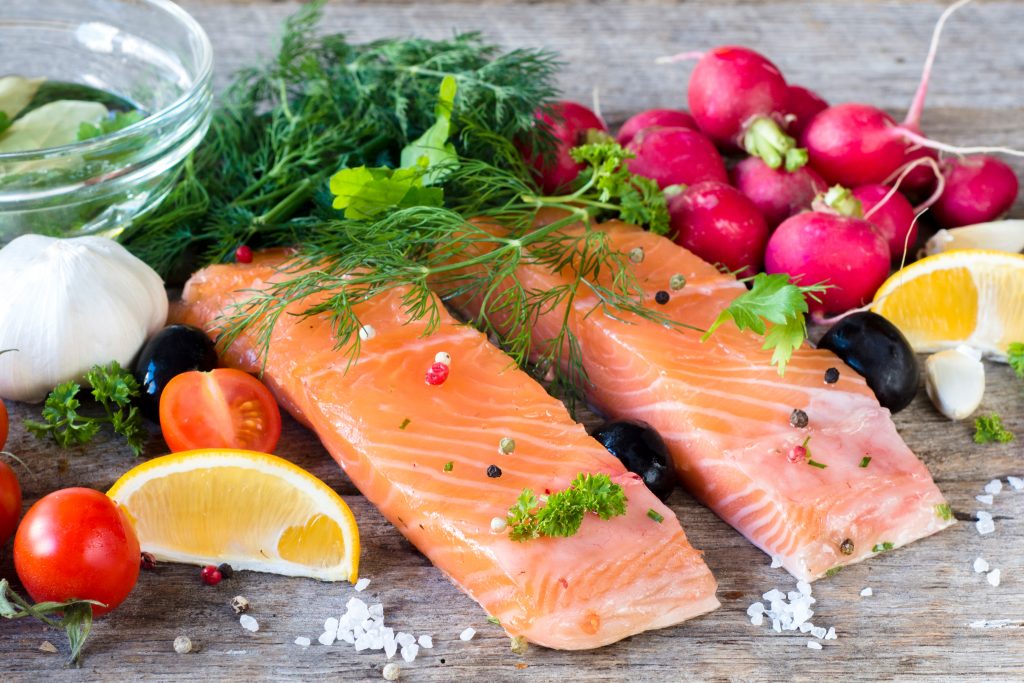
Introduction
Hair loss and thinning can be a significant concern for many men. While genetics play a crucial role in hair health, lifestyle and nutrition are pivotal factors that can influence hair growth and quality. This article explores how specific nutrients and dietary choices can enhance hair growth, backed by scientific insights and practical advice.
The Science Behind Hair Growth
Hair growth involves several biological processes, and understanding these can help in targeting nutritional needs effectively. Hair follicles go through cycles of growth (anagen), regression (catagen), and rest (telogen). Nutrients affect these phases, particularly the anagen phase, where active hair growth occurs.
Key Nutrients for Hair Growth
- Protein: Hair is primarily made of keratin, a protein. Thus, adequate protein intake is essential for hair strength and growth. Sources include lean meats, fish, eggs, and legumes.
- Iron: Iron deficiency is a common cause of hair loss. It’s crucial for helping red blood cells carry oxygen to hair follicles. Good sources are red meat, spinach, and lentils.
- Vitamin D: Low levels of vitamin D are linked to alopecia areata and may impact the hair growth cycle. Fatty fish, fortified foods, and sunlight are excellent vitamin D sources.
- Zinc: Zinc plays a role in hair tissue growth and repair. It also helps keep the oil glands around the follicles working properly. Foods rich in zinc include oysters, beef, and pumpkin seeds.
- Omega-3 Fatty Acids: These fats are essential for nourishing the hair and supporting thickening. They are found in fish like salmon and mackerel, as well as in flaxseeds and walnuts.
Impact of Lifestyle on Hair Health
Lifestyle factors such as stress, smoking, and lack of sleep can also affect hair growth. Managing stress through techniques like meditation or yoga, avoiding smoking, and ensuring adequate sleep are crucial for optimal hair health.
Practical Dietary Tips for Enhanced Hair Growth
- Balance Your Diet: Ensure a balanced diet that includes a variety of nutrients. Over-supplementing one nutrient often at the expense of others can actually lead to hair loss.
- Stay Hydrated: Dehydration directly impacts your hair growth. Aim for at least 8-10 glasses of water a day to keep your scalp and hair hydrated.
- Limit Sugar and Refined Carbs: High sugar intake and refined carbohydrates can lead to insulin resistance, which is linked to hair thinning.
- Check for Food Intolerances: Sometimes, hair loss can be related to hidden food allergies or intolerances such as gluten or lactose.
Case Study: The Mediterranean Diet and Hair Health
Research indicates that the Mediterranean diet, rich in fresh fruits and vegetables, lean proteins, and healthy fats, particularly omega-3 fatty acids, may contribute to reduced risk of androgenic alopecia (male pattern baldness) or slow its onset. This diet provides a balanced intake of the essential nutrients required for hair follicle health and supports overall physical health and hormonal balance.
Conclusion
Enhancing men’s hair growth involves more than just external hair products; it requires a holistic approach that includes proper nutrition and a healthy lifestyle. By incorporating a balanced diet rich in essential nutrients and managing lifestyle factors, men can significantly improve the health and growth of their hair. Remember, the journey from plate to follicle is a continuous process, and the benefits of these changes, while gradual, are long-lasting.
